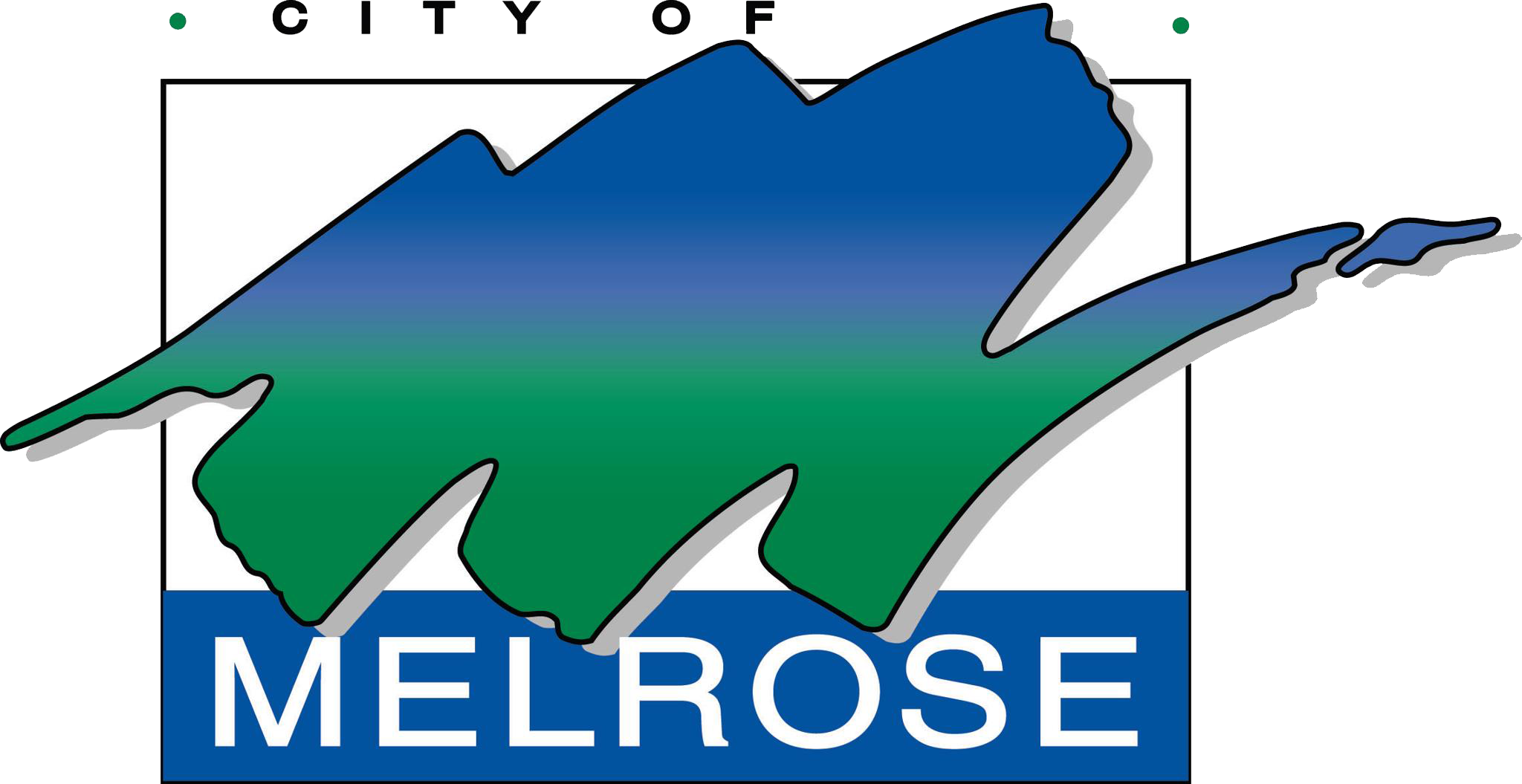Emergency Requiring Immediate Police Assistance
Call 9-1-1 to:
Report a situation which requires a police officer at the scene (e.g. assaults, kidnapping, burglaries, domestic disputes, terroristic threats, violation of protection orders, biased crimes, parental kidnapping, motor vehicle theft, theft from person, auto accidents with injuries, etc.).
Summon an ambulance for medical assistance.
Report a fire.
Report a crime in progress.
Report suspicious, criminal activity in progress (e.g. alarms, shots fired, shouts for help, sounds of glass breaking, unfamiliar person carrying items from a house).
When NOT to call 9-1-1:
Do not call for directions.
Do not call for information about animal control issues.
Do not call to find out if someone is in jail.
Do not call to report city issues that are not of a police, fire or medical nature.
If you are unsure of how to report a crime or incident, call 9-1-1 and the operator will direct you.
Tips for calling the 9-1-1 Center
Do not hang up! If the call isn’t answered immediately or if you encounter silence on the line, do not hang up and redial unless the silence lasts more than 8 seconds. TTY users can press any key after dialing 9-1-1 to indicate that a TTY is being used. However, our operators are trained to treat every "silent" call as a potential TTY call.
Give the Location. Address (Apartment, Duplex, House or Business), Intersection or Landmarks.
Suspect and Suspect Vehicle Descriptions are essential! Follow the links for detailed methods of description.
If the situation changes before help arrives call 9-1-1 again and update the operator.
In large office buildings with multi-line phone systems, the correct address may not display to the 9-1-1 operator. It is important to advise the operator of the actual address of the building and where the problem is located in the building (example floor, suite number, room number, etc.)
Most Cellular Phones nowadays have Global Positioning System (GPS) capability. However, it is essential that you tell the operator your location for confirmation, or in case your phone is not working properly.
Despite popular belief; when a cell phone calls 9-1-1 the address you are calling from never appears on the 911 computer screen. We often receive latitude and longitude information that can be transferred to a map. However the accuracy of this can vary greatly. This is why it is so important to tell the operator where you are.On some calls for medical assistance, the operator will ask some basic questions and then transfer the call to an Emergency Medical Dispatcher for instructions on what to do to assist the patient until help arrives.
HELP CAN BE SENT WHILE YOU TALK. State the problem briefly. Answer the operator's questions and stay on the line until the operator terminates the call.
Inform the operator if you want to speak to the officer(s) or responders.
If you need a translator, let the operator know. Tell the operator what language you need and an interpreter will be quickly brought on the line.
If you experience problems with the operator or feel your call was handled inappropriately, ask to speak to the on-duty supervisor.
